Supreme Court Says City Councilor’s Anti-Union Editorial May Violate Labor Laws
In Oregon, it is unlawful for employers to interfere with employees who wish to form a union, retaliate against employees who form or join a union, or encourage employees to disband a union. Although an individual city councilor has no independent authority to act on behalf of a city, the court explained that a city could still be liable for a councilor’s actions if employees reasonably believe that the councilor was acting on behalf of the city.
Because of the potentially far-reaching effects of this case, the League encourages city officials to review the court’s decision with their city attorney in order to make any changes to ensure compliance with state labor laws.
Contact: Sean O’Day, General Counsel, [email protected] Philip Thoennes, Assistant General Counsel, [email protected]

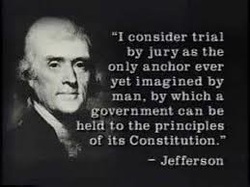
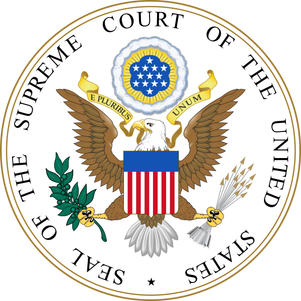
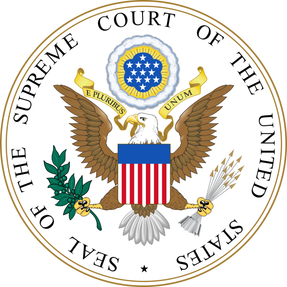
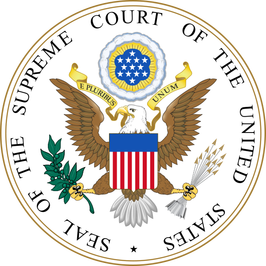

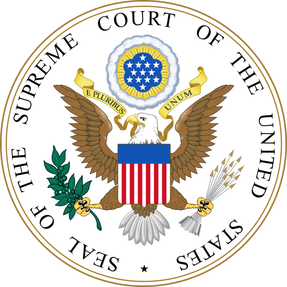
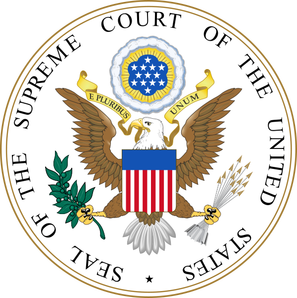
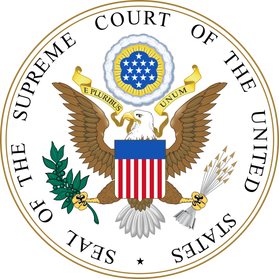
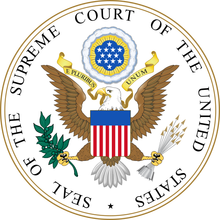

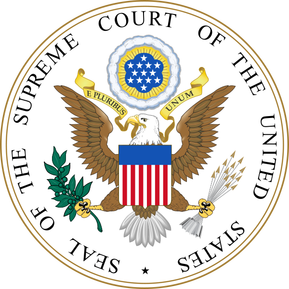
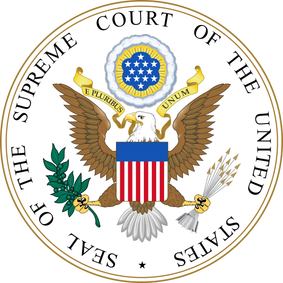
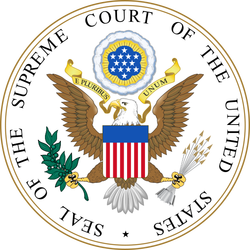
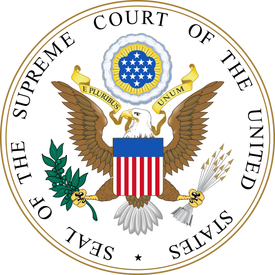
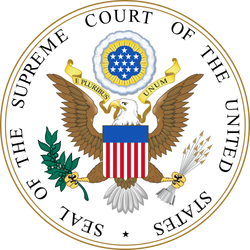
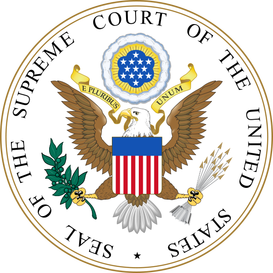
 RSS Feed
RSS Feed
